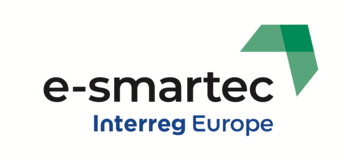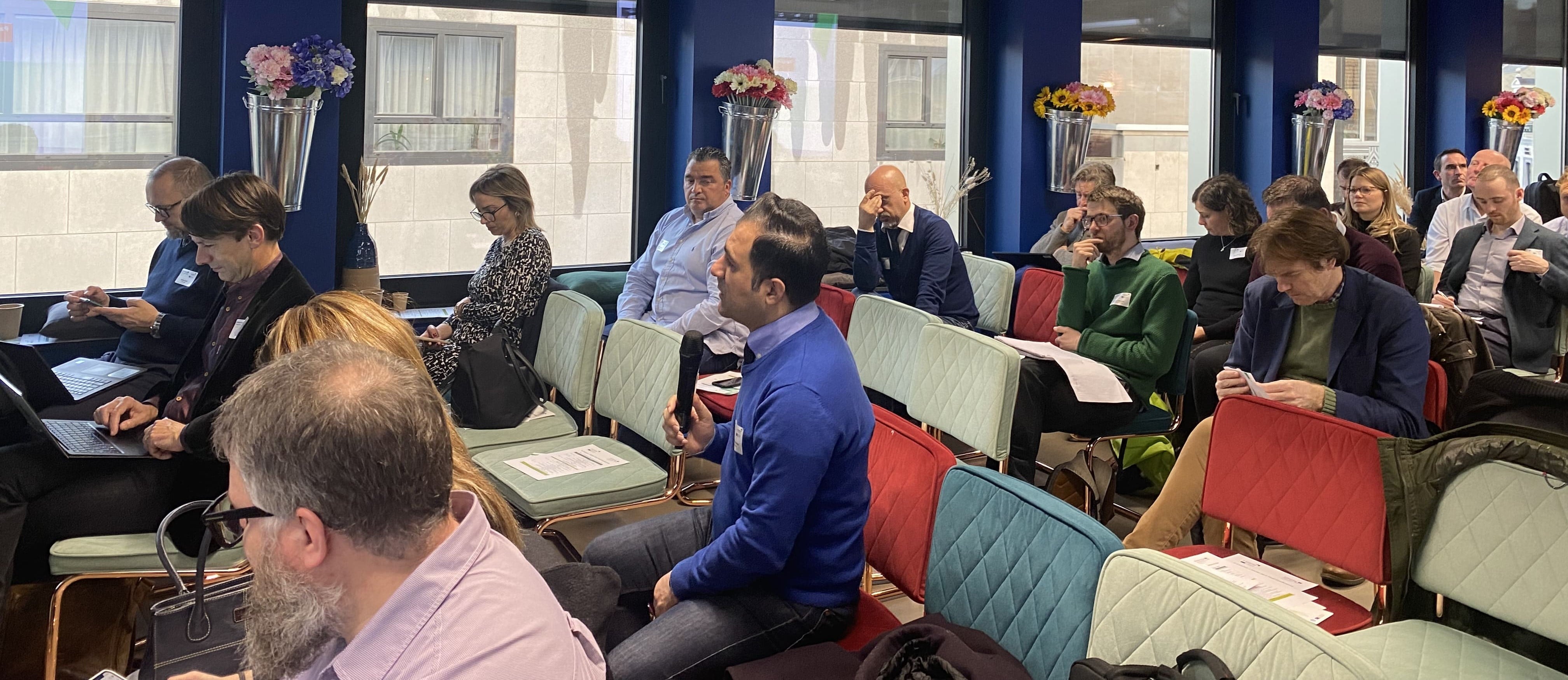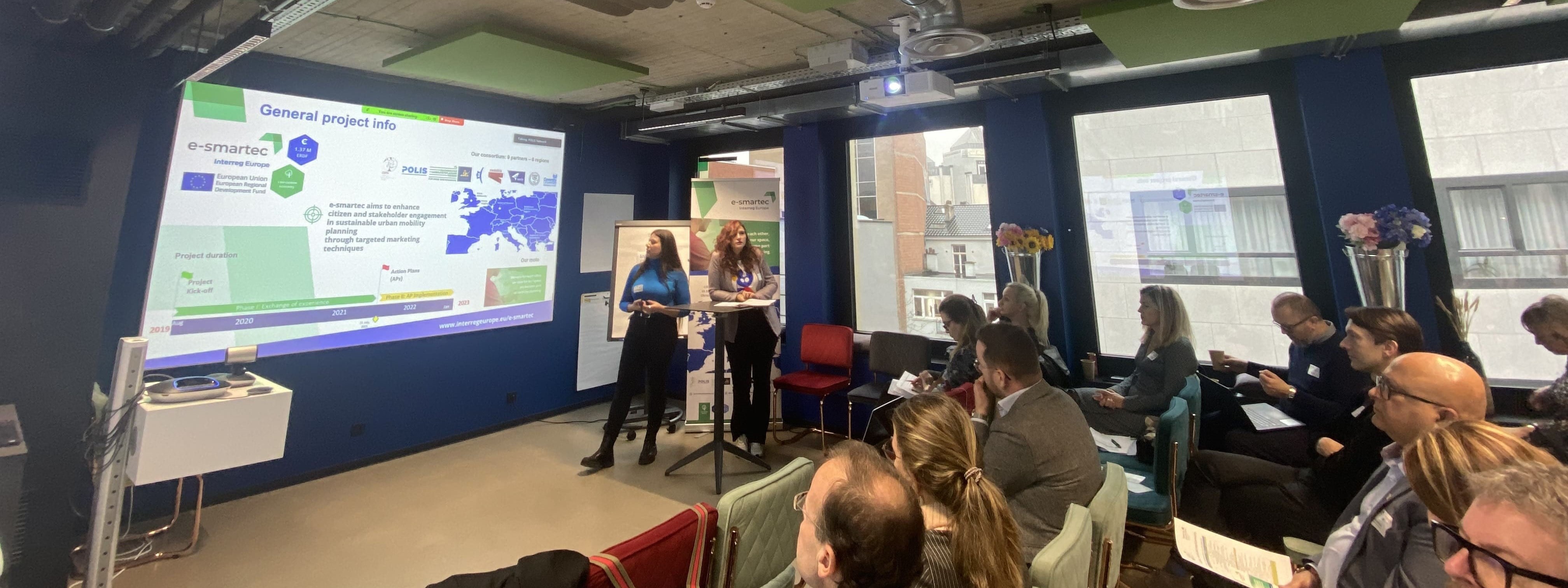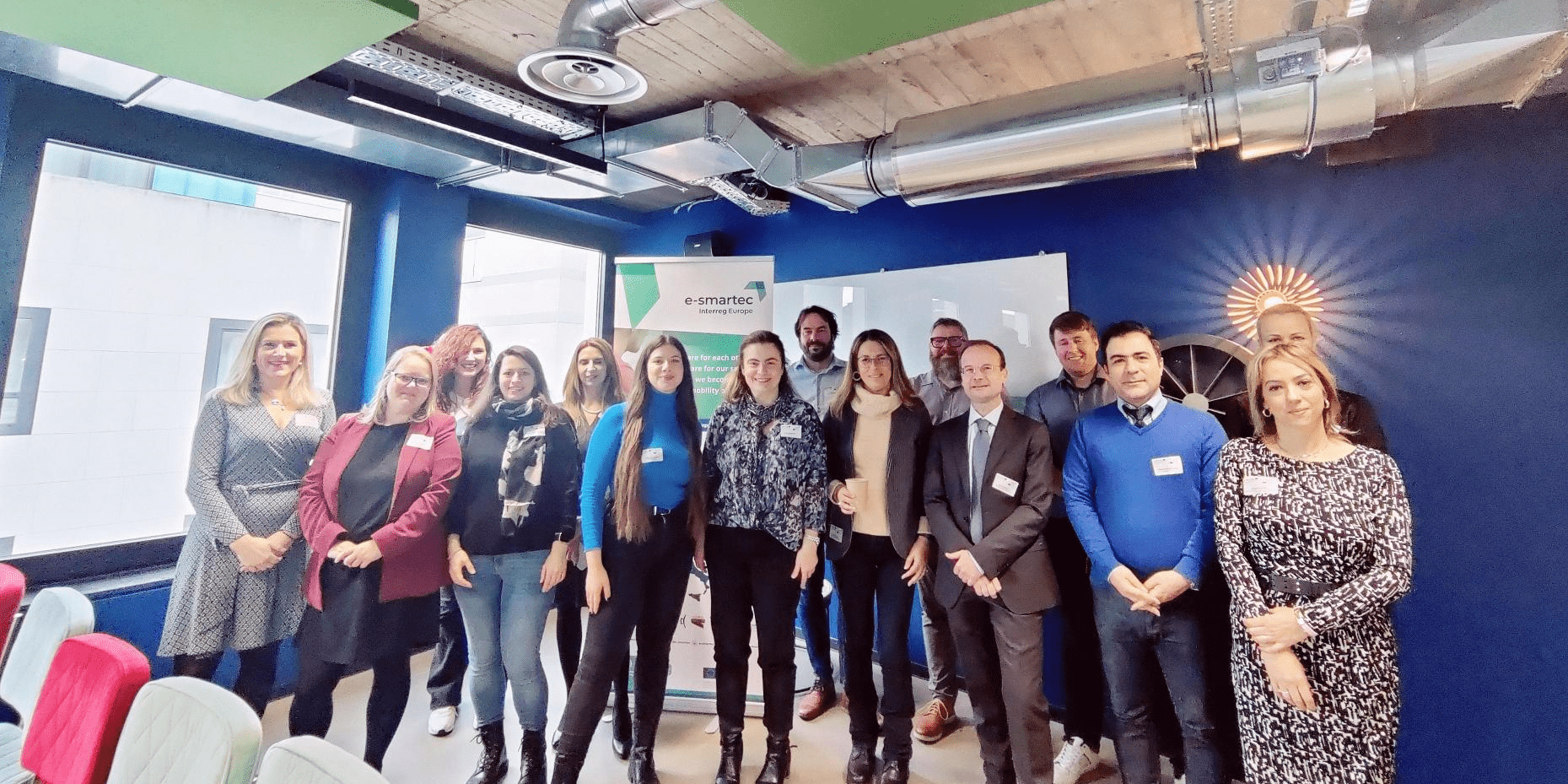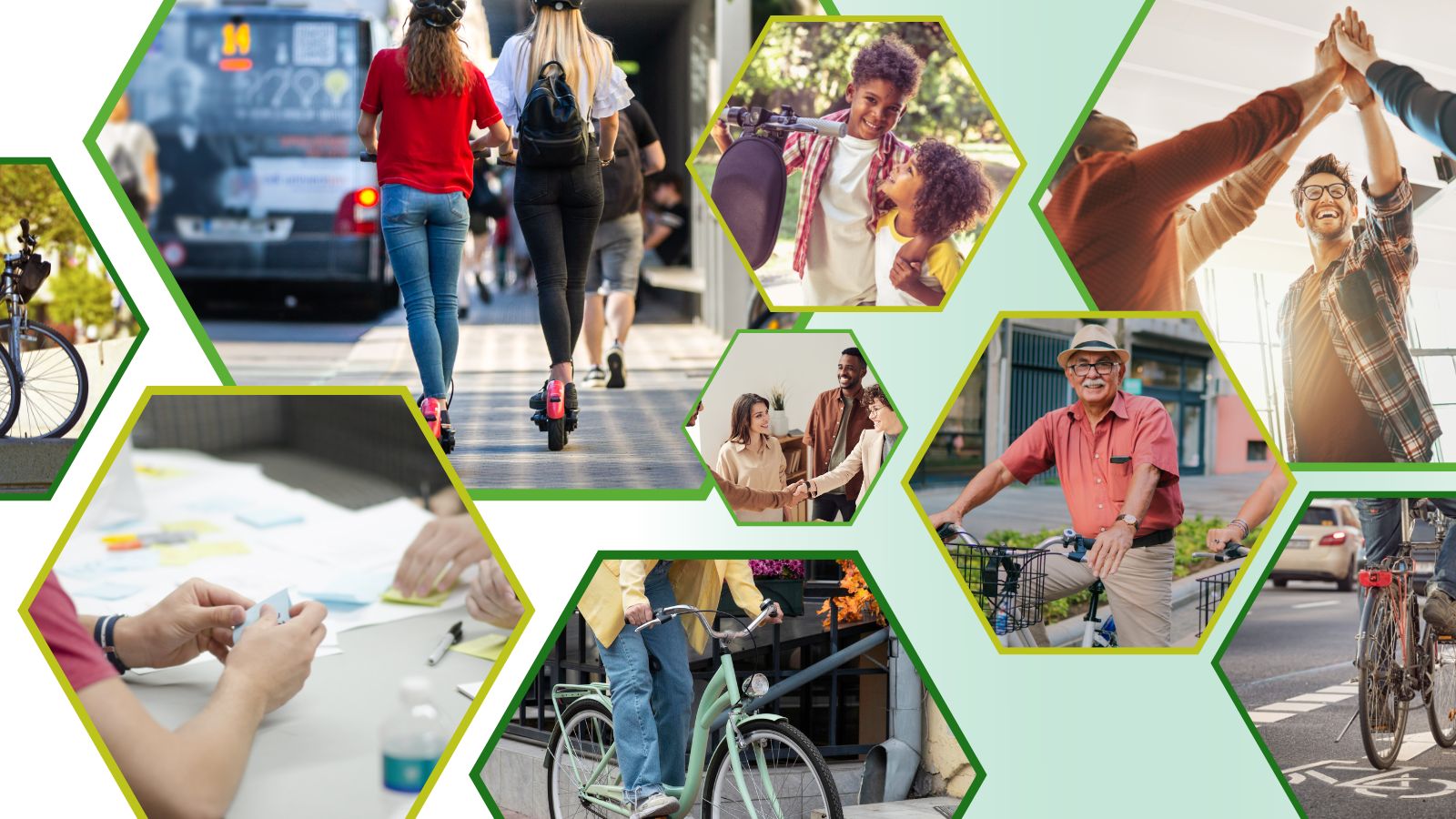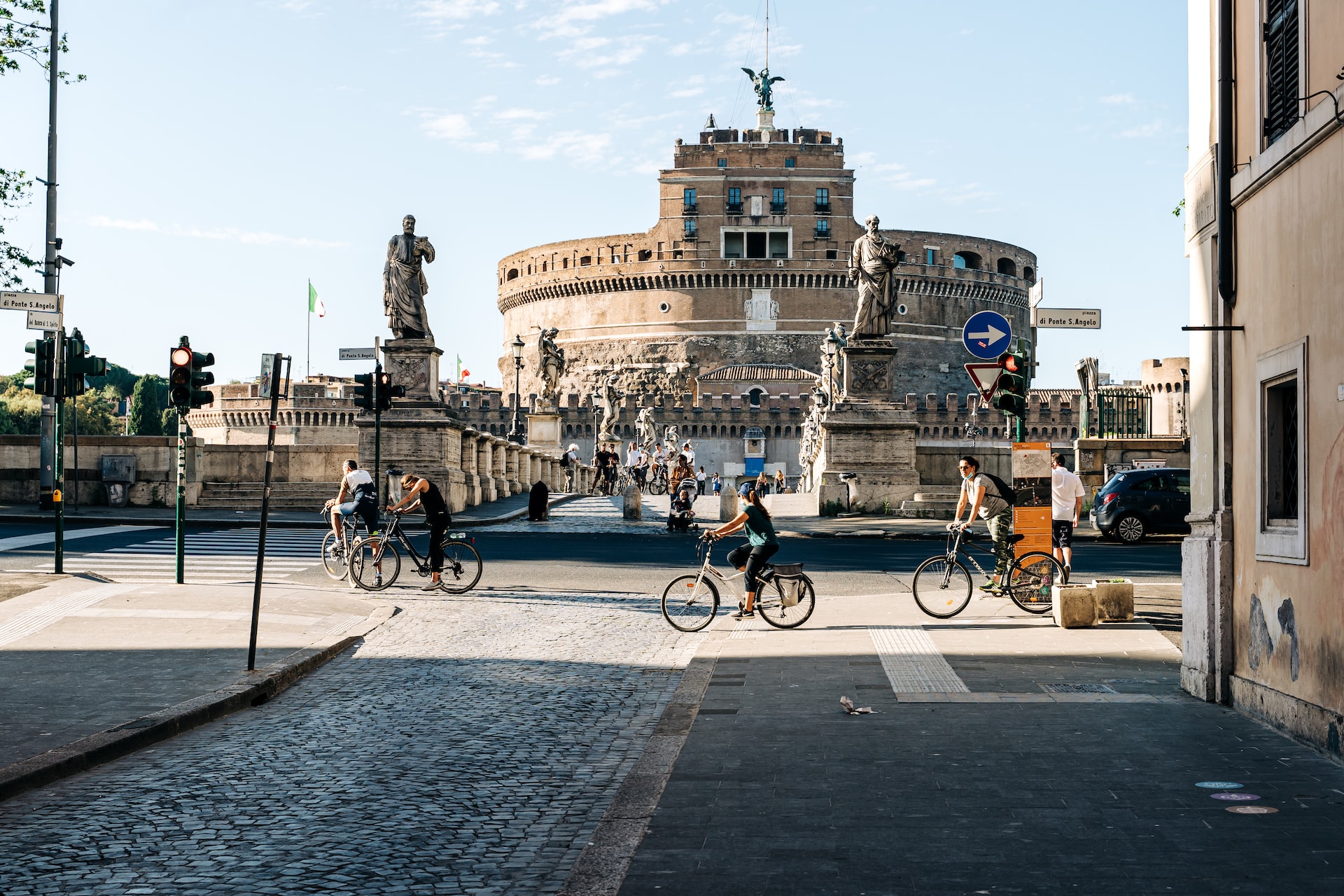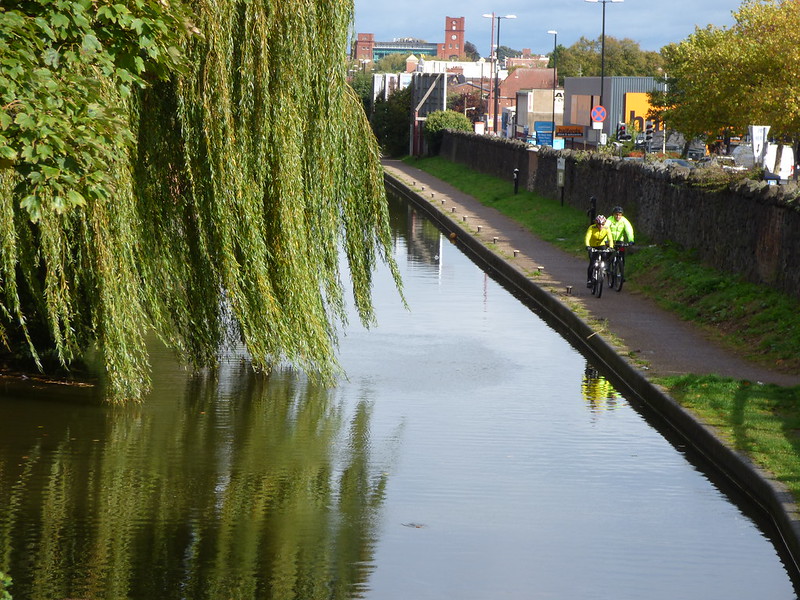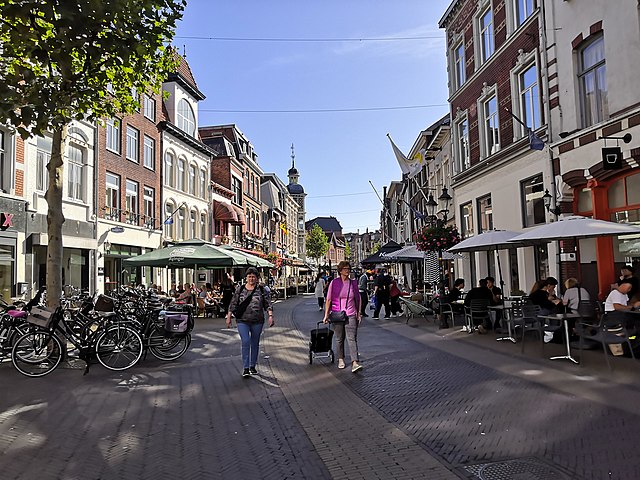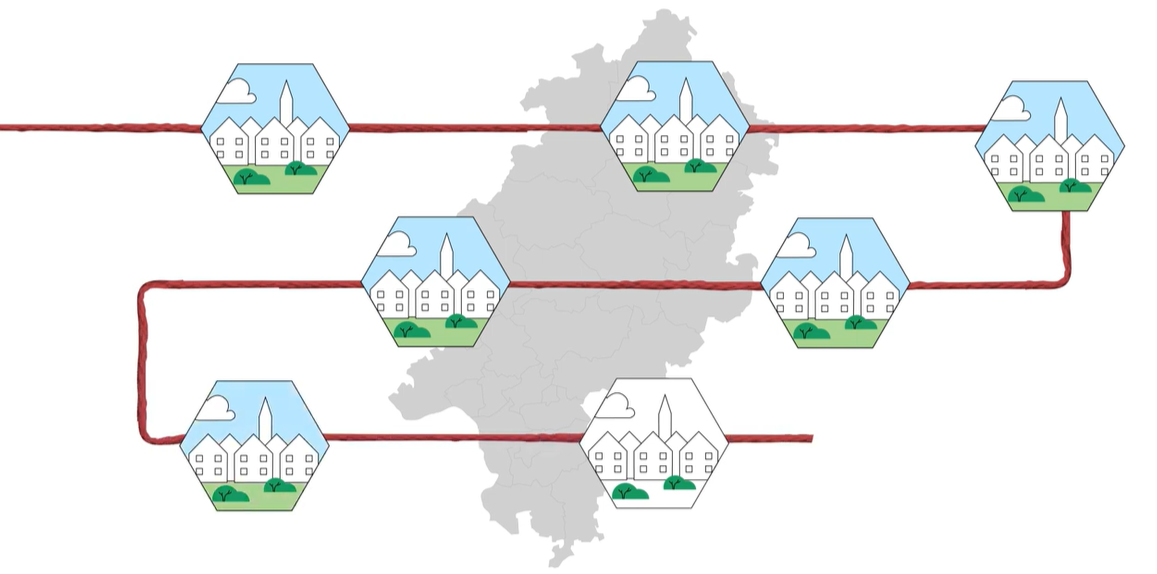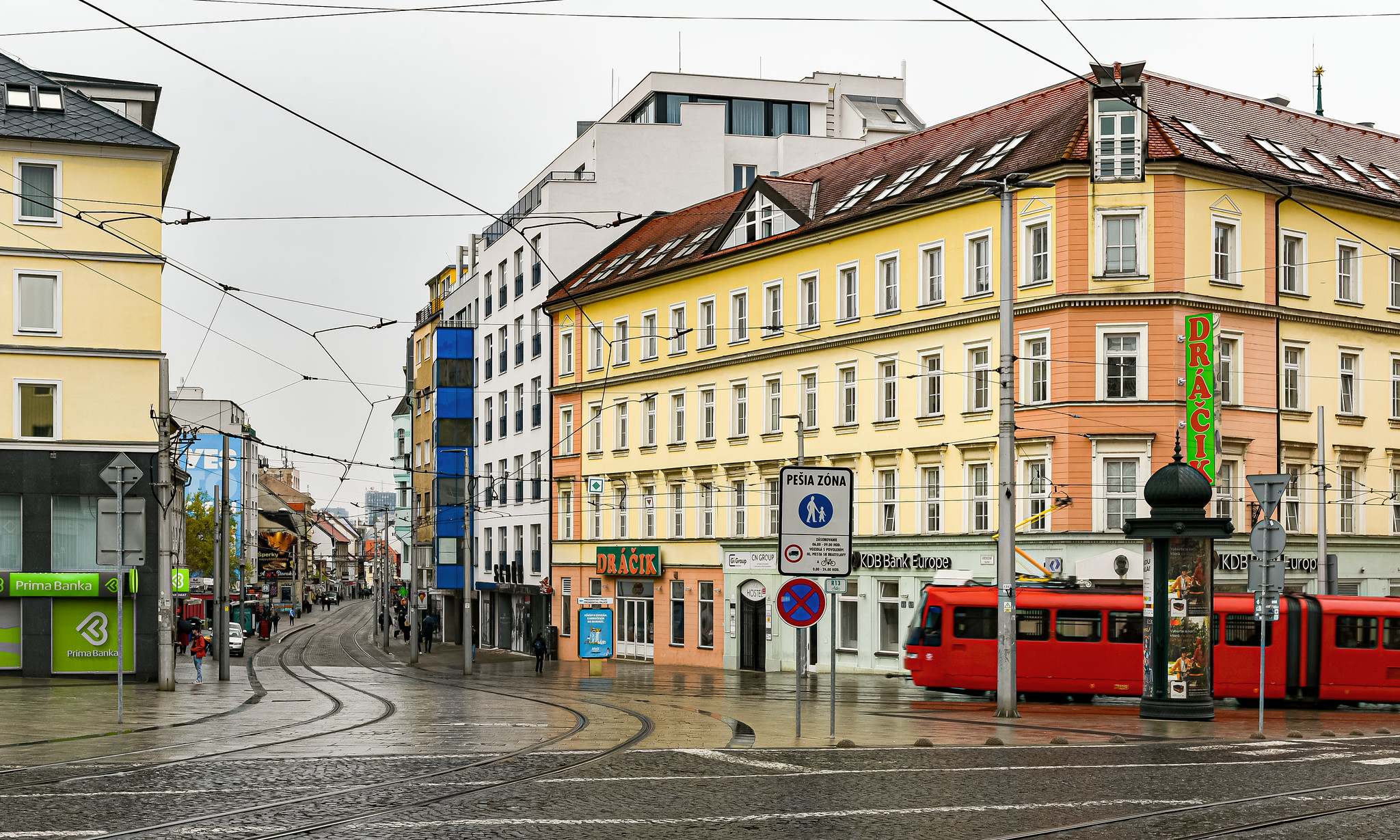
The project e-smartec participated to the 10th International Congress on Transportation Research «Future Mobility and Resilient Transport: Transition to innovation» with a special session entitled ‘Marketing techniques supporting sustainable mobility participatory planning’.
The aim of the workshop was to present the results of the experience exchange among the e-smartec project regions that joined forces in an ultimate goal to provide tailored guidelines on citizens’ and stakeholders engagement marketing techniques; innovative for decision-making traditional procedures although widely and effectively used in the business sector - Word of Mouth (WOM), Cause Marketing, Digital Marketing, Dialogue Marketing, Relationship Marketing, The Wheel of persuasion, Guerilla Marketing and Undercover Marketing are the 8 core marketing techniques explored within e-smartec project.
Marketing techniques supporting sustainable mobility participatory planning
During the workshop, e-smartec partners and external experts had the change to share their knowledge and experience regarding the use of marketing techniques and relevant engagement methods in sustainable mobility planning and interventions. After a short overview of the e-smartec project, delivered by Maria Chatziathanasiou, member of the Lead Partner (CERTH) team, and a quick familiarization with the audience regarding their knowledge for the workshops topic, Maria Sitzoglou, Participatory Planning Expert and External Expert of e-smartec project presented the marketing techniques and methods for co-planning and promotion of mobility interventions. You can find the relevant presentations here: e-smartec project overview, Marketing techniques and methods for co-planning.
Following, interesting insights on Good Practices coming from the e-smartec regions were delivered from the project Partners’ representatives:
- Mrs. Konstantia Mpessa, sharing experience from the Region of Central Macedonia. Relevant presentation can be found here.
- Mrs. Giuliana Famiglietti Pipola, sharing experience from West Midlands region. Relevant presentation can be found here.
- Mr. Fabio Maria Nussio, sharing experience from Lazio region. Relevant presentation can be found here.
- Mrs. Eva Malichova, sharing experience from Bratislava self-governing region. Relevant presentation can be found here.
- Mrs. Eugenia Kolb, sharing experiences from the State of Hessen. Relevant presentation can be found here.
Last, but not least, Mrs. Alessia Giorgiutti and Mrs. Laura Babío Somoza from POLIS, the Communication Leader of e-smartec project, announced the project’s e-course.
The e-course will be launched at the end of September 2021 and will provide the opportunity to local/ regional authorities and policy makers to enhance their capacity in developing and delivering a successful and overarching participatory approach in their Sustainable Urban Mobility Plans (SUMPs).
During the interactive session that followed, moderated by e-smartec Project Manager Mrs. Maria Morfoulaki (CERTH), the workshop participants and the speakers had the chance to share their opinions regarding:
1. The main challenge(s) related to increasing the awareness or engaging citizens in sustainable mobility planning/ interventions. The ones raised were connected to low capacity/ knowledge/ experience from the internal/ municipal staff member working for the SUMP, as well as to the difficulty to develop intense synergies with relevant authorities/bodies, research and academia, business sector that can support the engagement strategy implementation.
2. The stage of the SUMP development where marketing is the most necessary. Although all stages were selected (thus highlighting the need to run continuous engagement actions throughout the entire SUMP cycle), the most “urgent” phases were the ones related to the SUMP vision development and the definition of the SUMP packages of measures.
3. Tips when applying engagement methods in sustainable mobility planning.
At the end of the workshop, all participants taking part at the final poll question, answered that they had somehow increased their knowledge as far as the use of engagement methods in sustainable mobility planning is concerned.
